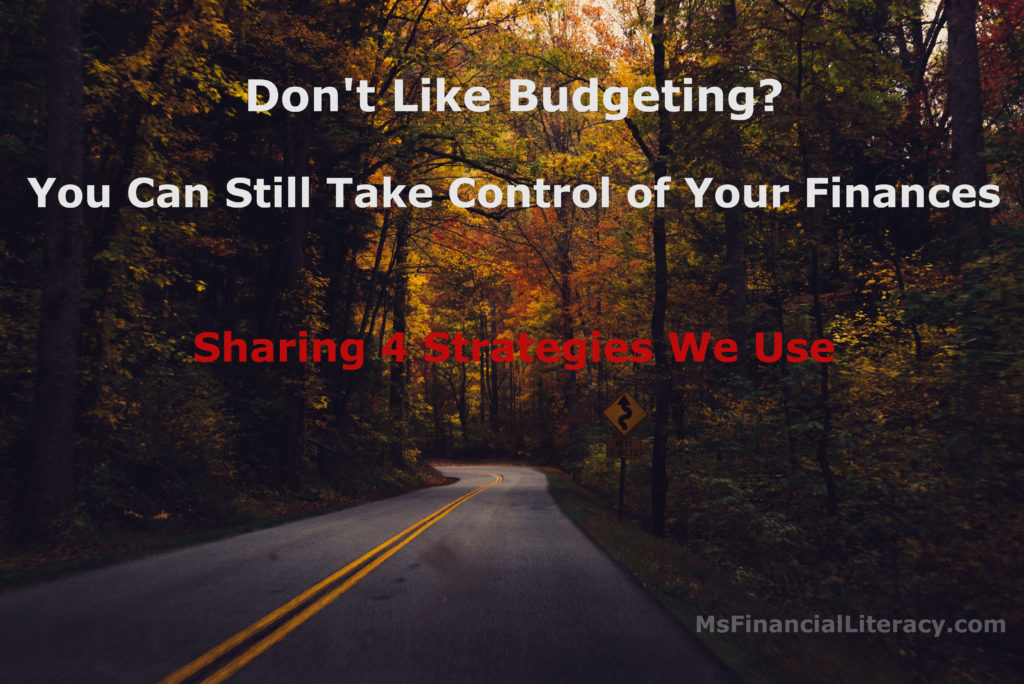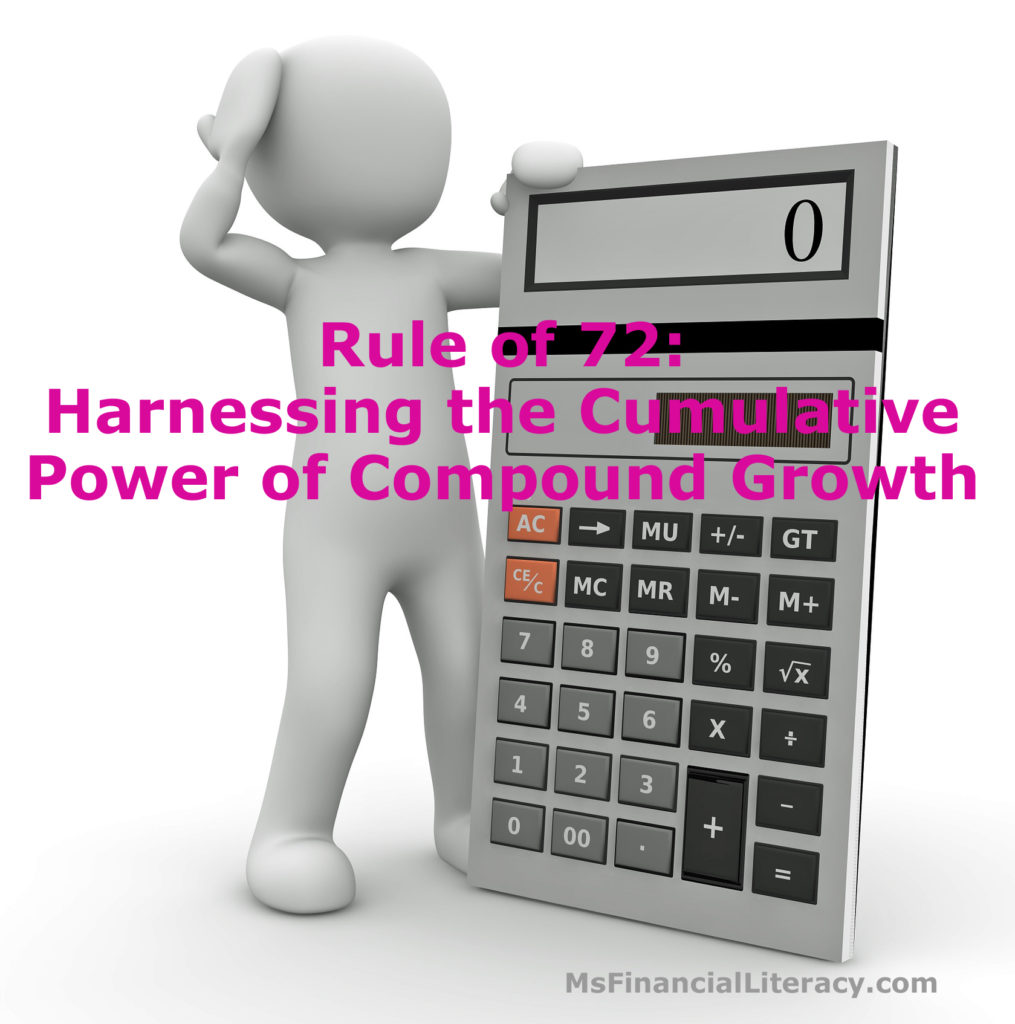For those of you who are familiar with the stock market, do you remember the time when you first got introduced to it? What were some of your early associations with the stock market? At the time, were you anxious to get into it? Was the market something you swore to avoid?

My Dad’s Warning Message (to me) on the Stock Market
My first impression of the stock market occurred right at the start of the Great Recession. One day, in November 2008, I was having dinner with my family. The news was on the television. I recall my dad telling my brother and I to never ever “gamble” in the stock market.
Yes, to him, participating in the stock market was a form of gamble, not a form of investment. This was coming from someone who had very limited exposure to the stock market other than what he saw and heard on television. However, not knowing any more of the stock market than my dad did at the time, I took his words to heart. The stock market was something to avoid.
In the following weeks, the messages and images that kept showing up on mass media (covering the beginning of the Great Recession) just confirmed my dad’s belief of the stock market. Seeing and hearing stories of people jumping off buildings, losing their marriages, going into jail, becoming depressed and/or losing their children’s college savings and/or their own retirement savings—all due to steep drops in the stock market—just “proved” the evil side of “gambling”. Yes, the stock market was evil, I concluded.




